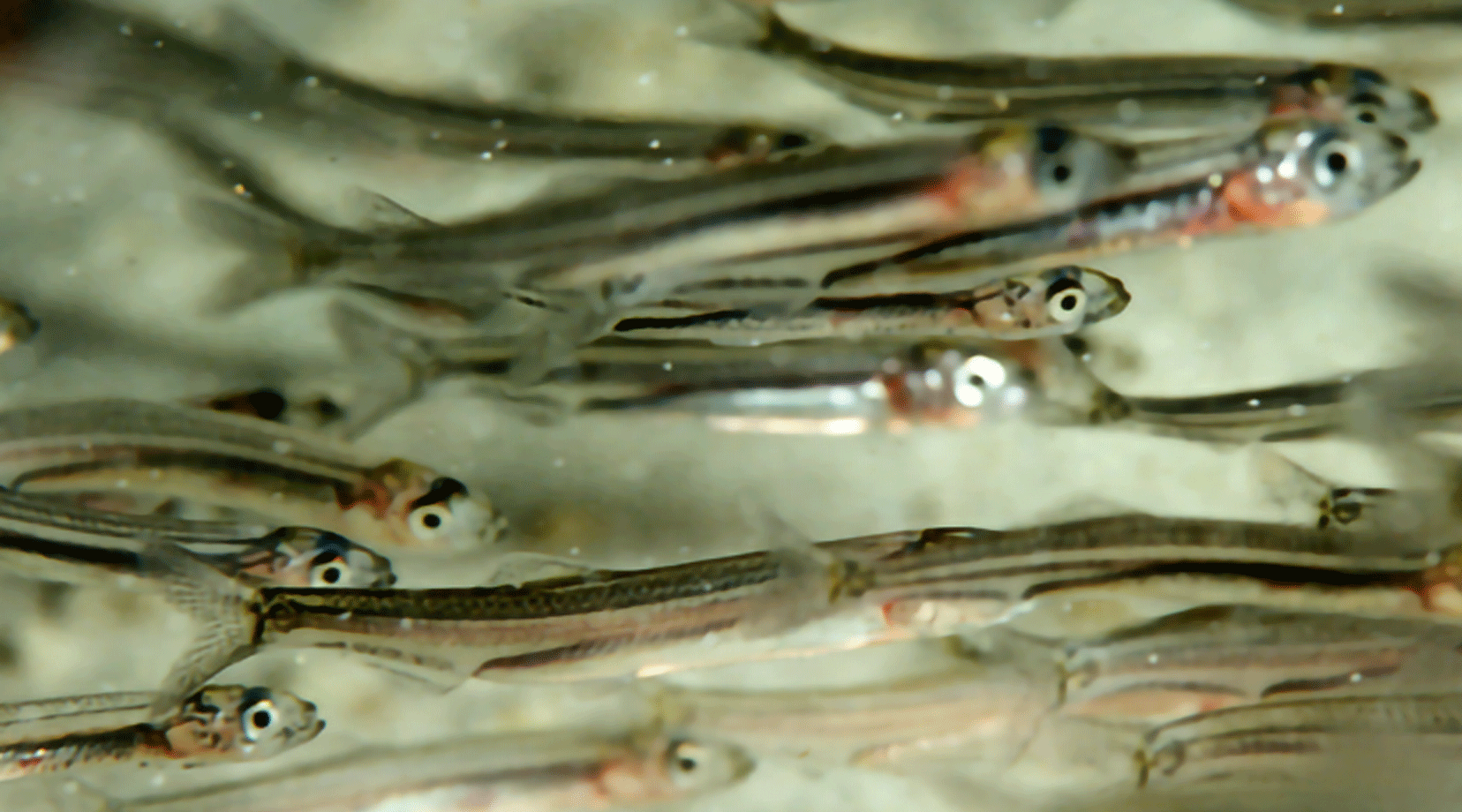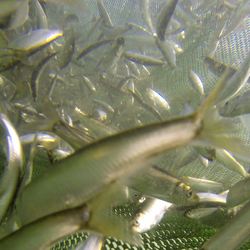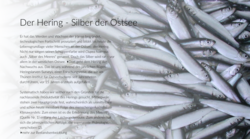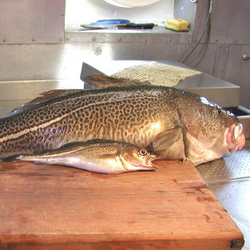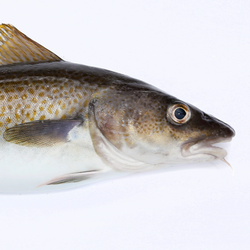Reproduction biology
Many wild fish stocks are characterised by an extreme variability of recruitment. This is an adaptation to variable environmental conditions. A better understanding of the mechanisms of recruitment will help us to ensure a sustainable exploitation of marine fish.
A female cod lays more than 1 million eggs each year, a herring around 20,000. Of these enormous numbers of potential offspring, only a handful reach adulthood. In good years, strong year classes can cause fish stocks to grow strongly, but if the young animals called "recruits" fail to appear, catches have to be reduced in the medium term. What causes these strong fluctuations in year classes? Eggs, larvae and young fish are naturally exposed to high mortality rates caused by environmental influences such as unfavourable climatic or hydrographic conditions, scarce food supply or high feeding pressure from predators. Even without the influence of fishing, the offspring production of most fish species is subject to strong annual fluctuations resulting from the variable physical and biological conditions of the marine environment.
These fluctuations in the quantities of offspring are included in the stock calculations in order to be able to manage commercially exploited fish stocks as sustainably as possible. The Thünen Institute of Baltic Sea Fisheries annually tracks the juvenile production of the two most important fish species for commercial fishing, cod and herring, and thus provides an important forecasting tool for stock development. In this way, changes in stock size - upwards and downwards - can be detected at an early stage. We are also researching the mechanisms of maturation, the influence of natural mortality, the growth of juvenile fish and their use of potential nursery areas. In this way, we can better and better understand how climate changes, predator-prey relationships, excessive nutrient input or habitat loss influence the offspring strength of fish stocks.

![[Translate to English:] [Translate to English:]](/media/_processed_/d/7/csm_Startseite-OF_03_c0dfd6e750.png)
![[Translate to English:] [Translate to English:]](/media/_processed_/a/3/csm_20181116-151457-Stella-Jerome-Fischfalle-Warnem%C3%BCnde-Dorsche-im-Netzk%C3%A4fig-5691_heller_3050c72fa2.png)
